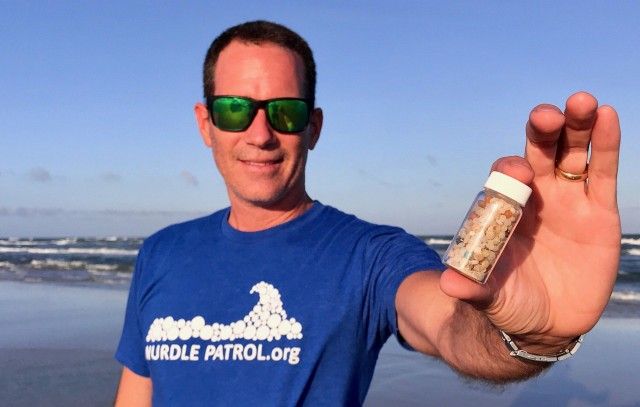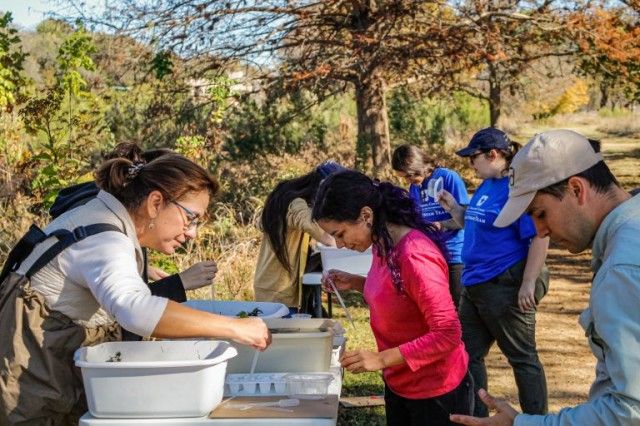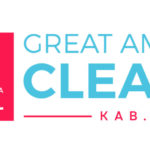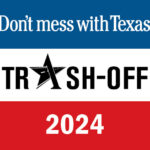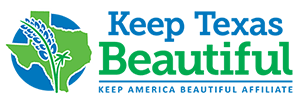To prepare for our upcoming webinar, we thought we should give you some background on the role of citizen scientists and the related programs run by our guest speakers.
What is a citizen scientist?
The dictionary defines citizen scientist as, “a member of the general public who collects and analyzes data relating to the natural world, typically as part of a collaborative project…” The Earthwatch Institute expands on this, sharing that “citizen science enables participants to make a direct contribution to research, increase their scientific understanding, and immerse themselves deeply afield in learning about environmental issues” and suggests that, “These opportunities provide personally transformative experiences.”
If you look closely you will realize that many of your current volunteers, and even yourself, are already citizen scientists. Do we not join a KTB affiliate, river protection alliance, the Audubon Society or any number of nonprofits because we are passionate and want to learn and help as a normal citizen? Volunteers are the backbone of our organizations, but the citizen scientists go a step further. They are not simply picking up litter, but analyzing and auditing it. They not only plant butterfly gardens but log when the Monarchs arrive and how long they stick around. They monitor sea turtle nests, collect and report nurdles, sample water quality and so much more.
Nurdle Patrol
One of our webinar speakers, Jace Tunnell, has a lot to say about citizen science. Jace, Director of the Mission-Aransas National Estuarine Research Reserve, founded Nurdle Patrol in 2006. Nurdle Patrol is a citizen science project developed to map the spread of nurdles around the Gulf of Mexico. Nurdles are small plastic pellets that are used as the raw material for all plastic products. These tiny pieces are often spilled during transport and production in local factories. They end up in our water and on our beaches where they pose a threat to marine life.
Where do the citizen scientists come in? Using data submitted by volunteers all over the Gulf region, Nurdle Patrol is developing a real-time mapping tool. They hope to make the site, “a hub for plastic pellet pollution information with the ultimate goal of raising awareness of nurdle pollution to empower change at the state and federal level.”
To date, over 262,000 nurdles have been collected and logged. Want to be a part of the Nurdle Patrol? Visit them at NurdlePatrol.org. Want to hear more from Jace? Register for our webinar on March 18!
Texas Stream Team
Our second guest speaker is Aspen Navarro from The Meadows Center for Water and the Environment. Aspen is the Program Coordinator for Watershed Services and works with the Texas Stream Team. “Texas Stream Team is dedicated to understanding and protecting the 191,000 miles of Texas waterways…(They have) trained over 10,000 citizen scientists to monitor water and environmental quality across Texas. Trained citizen scientists are the first line of defense for Texas natural resources, documenting approximately 4,000 monitoring events to assess water resource conditions at over 400 sites annually.”
Texas Stream Team offers training and programs for anyone interested in becoming a citizen scientist for their programs. You can sign up for these courses on their website or interact with Aspen at the March 18 webinar!
Upcoming Webinar
Whether you work with, already are or want to become a citizen scientist, we encourage you to join the discussion and see what Jace and Aspen have to share about their own successful programs. Don’t forget to register! The webinar will take place Wednesday, March 18, 2020, at 12:30 pm CST. This event is free and open to everyone! Register and share today!
Blog Post Written By Karen Maldonado, Program Coordinator.
